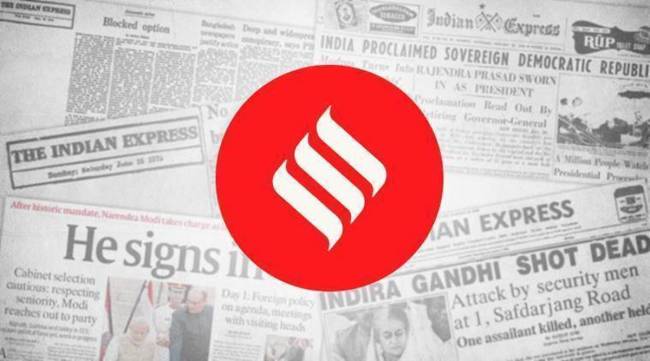Opinion The Calasso code
In Roberto Calasso's world, writing was mythography and knowing the past was key to understanding the present
 Calasso was shaped by the war years, the anti-fascist politics of his professor father, and the academic culture in his family.
Calasso was shaped by the war years, the anti-fascist politics of his professor father, and the academic culture in his family. Roberto Calasso, the Italian writer who died on Wednesday aged 80, was a polymath whose books transcended the silos of genres. He was a novelist, mythologist, translator, publisher. His books reflected his esoteric interests: He wrote on Indian and Greek mythology, the Vedic Age, Kafka, Baudelaire and the idea of the modern, among other things. The Ruin of Kasch, The Marriage of Cadmus and Harmony and Ka were categorised as fiction though they were more than that. The question, how did it all begin, fascinated him and the search for answers led him to explore cultures and mythologies beyond Europe. Not surprisingly, ancient India fascinated him. Ka and Ardor were Calasso’s meditations on ancient Indian philosophy and the epics — Ka explored the world of Mahabharata while he visited the Vedas in Ardor.
Calasso was shaped by the war years, the anti-fascist politics of his professor father, and the academic culture in his family. He once told The Paris Review that he began writing his memoir after he turned 12; it covered his life between age four and seven. In his early 20s, he joined the publishing industry and rose to head the Italian publishing house, Adelphi. Like his illustrious contemporaries, Italo Calvino and Umberto Eco, Calasso experimented with form and genre to create a unique body of work that defied classification and redefined the idea of literature. At Adelphi, he curated a publishing line that included the most creative minds of the time.
Calasso knew that to understand the present, we need to know the past, and to be modern was to be familiar with the ancients. At a time when myths and gods seem to have more influence over minds, Calasso’s writings offer clues to engaging with complex political questions.






